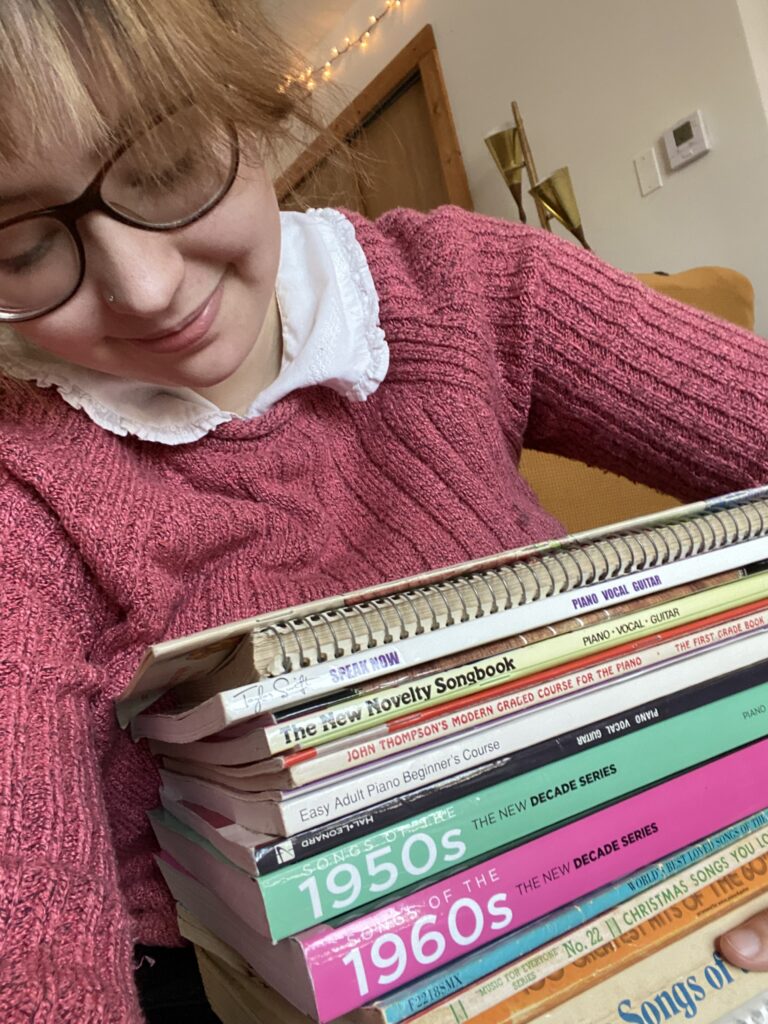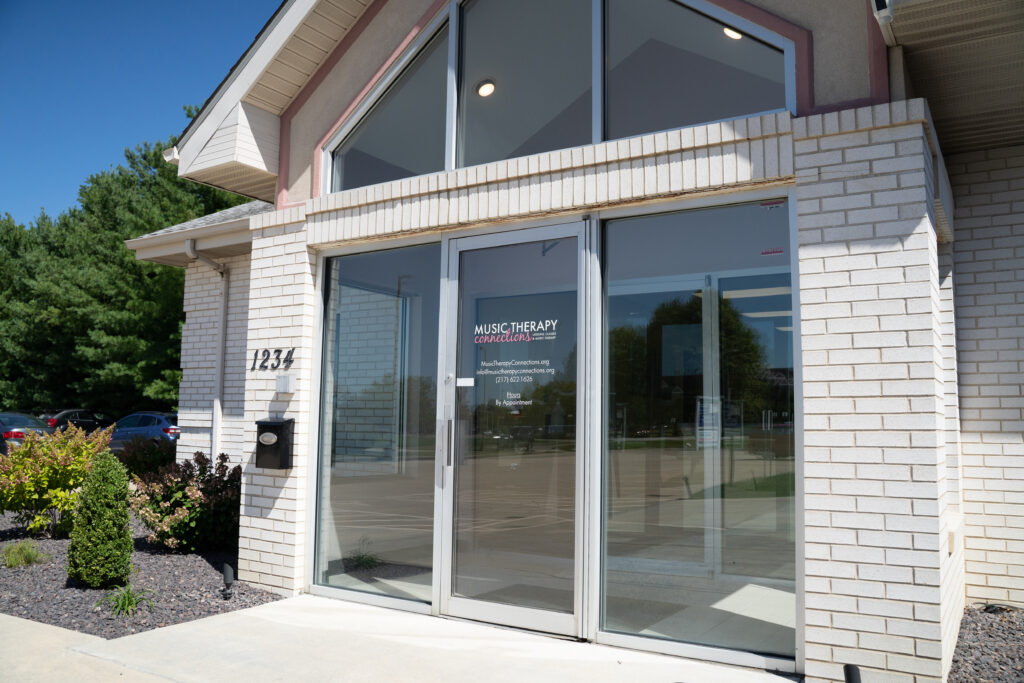Intern’s Corner – Week 23

We all have our personal holidays; birthdays, anniversaries, etc. I have my own personal holiday that happened this last week that is a bit peculiar. February 15th marked my 5th annual Rejection Day celebration. A quick disclaimer, this day has nothing to do with Valentine’s Day, which occurs the day before. Rejection Day is the day that found out I was rejected from what I thought was my dream college. I figured this is a timely story to share as many are applying and auditioning for music therapy programs and internships this time of year.
When I decided that I was going to major in music therapy in high school, I knew the college I wanted to attend. The college appeared perfect; it had the populations I wanted to work with, it wasn’t too far away from home, and it had a brand new and amazing music building. For years, all I could imagine was going to this college and having all my music therapy dreams come true.
My senior year of high school, I originally applied for two colleges. These colleges were my “dream college” and a back up. I put a lot of time and effort into my auditions. Additionally, I worked with a voice instructor to be musically prepared for the songs. However, I wasn’t a strong sight reader and wasn’t feeling well the day of my audition at my “dream college”. I remembered coming out of the audition not feeling like I did great, but still hopeful I did well enough to get in.
A week later, I remember my Dad calling to tell me there was an email for me from the school of music at my “dream school”. I remember sitting in my car opening that email and my nervous excitement. Little did I know at the time how badly that email would hurt to read. In that moment everything I had imagined for myself felt like it shattered.
This wasn’t the end of the line in anyway, I had been accepted by the other college I auditioned for as a music therapy major. However, I did not get a good feeling when I visited that other college. I felt so lost, I didn’t get accepted to the college of my dreams and the college I was accepted to didn’t feel like the right place for me.
In between feeling sorry for myself and bowls of ice cream, my Dad suggested we call Western Illinois University. WIU was a college I had talked about applying for, but never got around to it with the excitement of senior year and focusing on my other auditions. We called WIU, and everything just seemed to fall into place. I scheduled my audition that day, and a week and half later I was in Macomb, Il at my audition.
Walking into Browne Hall for the first time just felt right. It wasn’t a big, fancy, or brand new music building, but it was welcoming. All of the students and professors I interacted with were so kind and inviting, I could see myself being a student there and working with these professors. So from that day on I knew that I was going to go to WIU.
In hindsight, I feel so fortunate that I didn’t get into that college. If I would have, I would have never gone to WIU. In turn, I wouldn’t have met my best friends or had the many wonderful opportunities that I got to have at WIU. Additionally, I wouldn’t be interning at Music Therapy Connections.
One of the things that I was most proud of was that I didn’t let this rejection deter me from my dream of becoming a music therapist. I could have very easily let that rejection define me and given up, but I didn’t. I just found a different path toward my dream.
Life is unexpected and being rejected can hurt so bad. What I learned from this is that rejections aren’t the end of the road, they are just pointing you down the road you’re supposed to take.
So happy Rejection Day All.
Lillian



